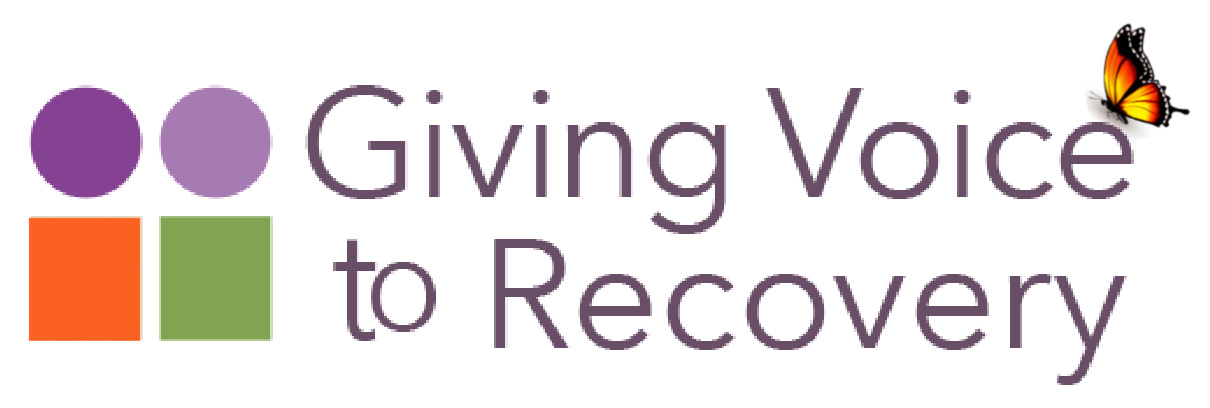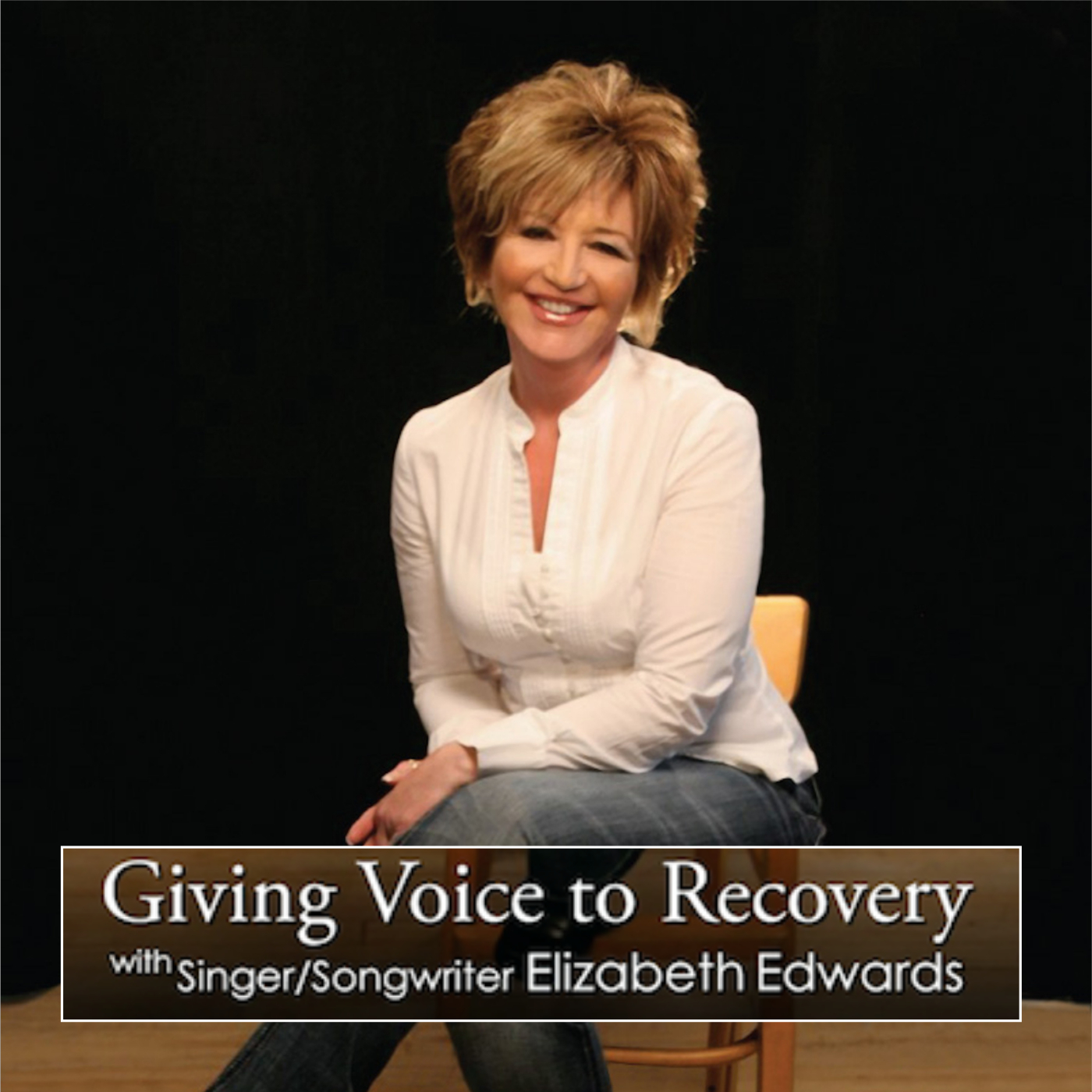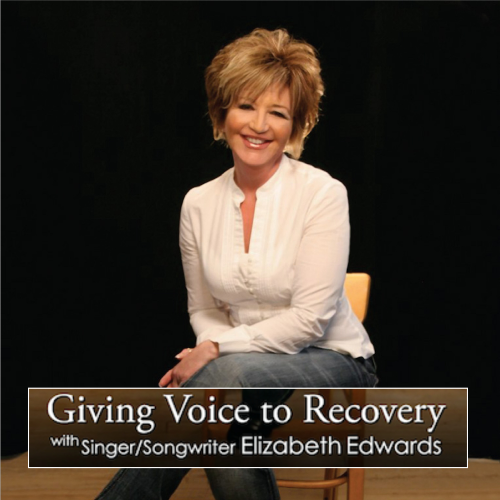Stigma
The word Stigma was borrowed from Latin meaning "mark or brand”.
Stigma in English first referred to a scar left by a hot iron. In modern use the scar is figurative: stigma most often refers to a set of negative and often unfair beliefs that a society has about something—such as the stigma associated with addiction.
Words are powerful. How we talk about ourselves and to ourselves, matters. Negative labels such as – Addict, Alcoholic, Drunk and Junkie become part of our identity. People tend to label a person by their behavior, fair or not. It is natural to act congruent with our identity. Identity has a big impact on self-esteem as well as ongoing behavior.
example, “I can’t help but get drunk, I’m an alcoholic.”
In recovery, it’s important to “identify”. First to make sure we are in the right place so we can get the help we need for specific substances. Secondly, the honesty and acceptance it takes to “own” the nature of our addictive patterns and substances is an important first step to change.
In the rooms we celebrate when people are able to say to the group, “I’m Elizabeth and I’m a …(fill in the blank)”. When we do this, it changes the meaning of that word. It goes from being a negative to a positive, because when we own it, we can change it and not until then.
When we “own it” and we tell the truth about ourselves we start the process of recovery and our identity begins to change. One of the things I started doing when I realized the importance and impact of language was I started identifying myself differently both inside and outside of the 12 –Step rooms.
In the rooms I say “I’m Liz and I am a recovering … I do this to let people, especially those who are new know that we can and do recover and that it’s an ongoing process. I am also telling myself, “Hey girl, you are still in the recovery process, you are not “cured”. Over time It became important to me to identify as a recovering person and a lot of times I will throw the word “grateful” in there, because I am!
Out in the rest of the world, I say I’m Elizabeth and I am a person in long-term recovery.
When I am outside of the rooms talking about recovery to business people, media professionals or politicians (people who are in positions to make decisions that affect us), I have found it very helpful to eliminate the stigmatized language and labels.
Recovered Substance Use Disorder doesn’t look anything like active addiction, in fact it looks normal. Most recovered people don’t openly announce this about themselves without a reason and some people have good reasons to keep it private.
For me, my music naturally brought me to advocacy work. My songs reflect my life; my life reflects my recovery. Music brought me to advocacy work but it was advocating for the person who is still suffering, the person right in front of me on any given day that brought me to a deeper level with my songs. Every time I told my story to another person in hopes of connecting and helping, the wound beneath “my scar” lost a little bit more of its pain and shame. Over time the pain was gone and something amazing was in its place – purpose.
A scar left behind from the burn of a hot brand is the perfect metaphor for addiction. Active addiction is painful and destructive. It is often publicly humiliating for ourselves as well as our families. It leaves emotional and sometimes physical scars. Scars can be ugly and look painful long after the trauma. When that scar heals, it identifies us but now it represents strength, courage, honesty and grace. It’s that very scar that let’s others know, “if you are struggling with substance use or addictive patterns you can talk to me because I know where you are”. This is how we transform our pain into purpose, this is when our greatest liability becomes our greatest asset. This is when we teach people who don’t know, who likely don’t understand and we give them the opportunity to learn. When people understand and they see the difference in us they usually respond from a place of love and compassion.
Substance Use Disorders, is a chronic behavioral health disorder. It is treatable and when we recover we become some of the biggest contributors to society. We come from all walks of life, we come from every possible background and our stories save other people’s lives. We are worth saving, hiring, knowing and loving. There are more than 22 million people in long term recovery in the United States and another 26 million who need help. Our stories have the power to heal. We cannot all afford to stay invisible.
Just Sayin’
Elizabeth


